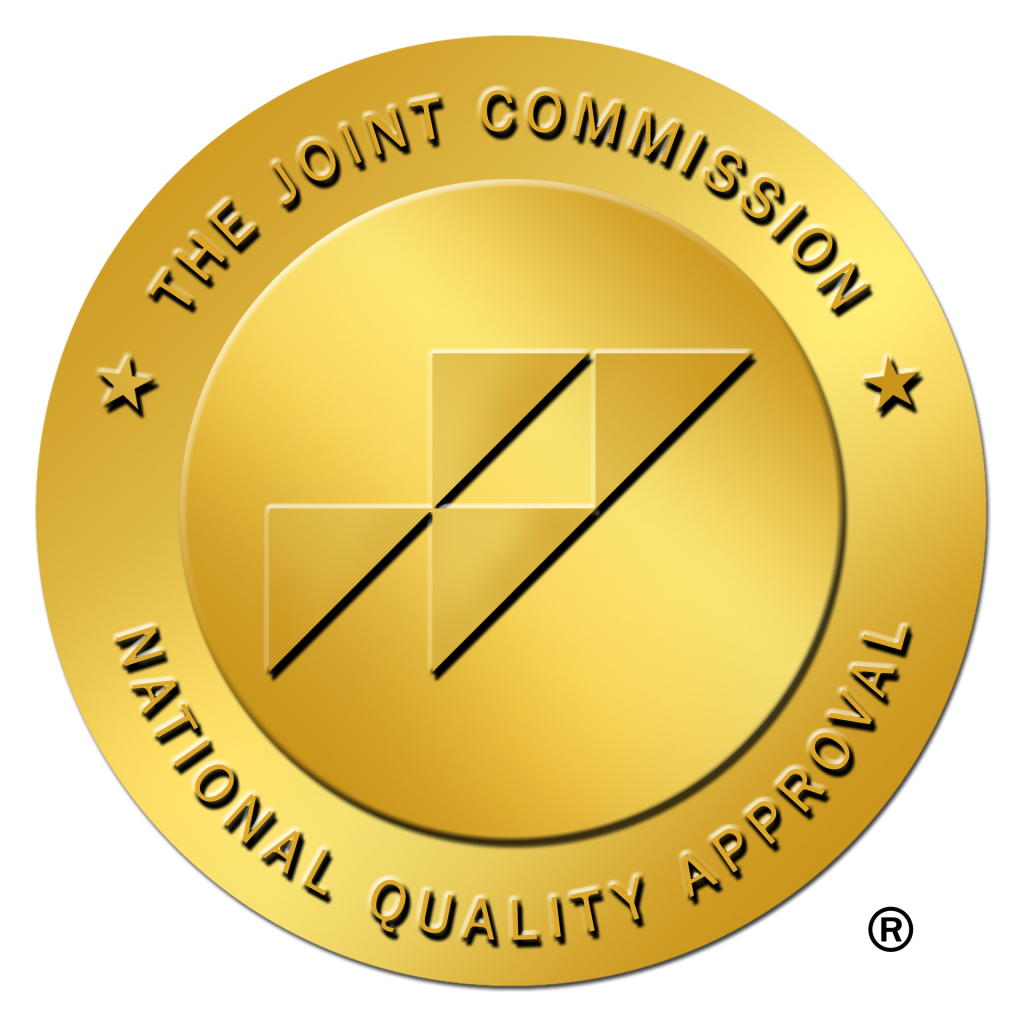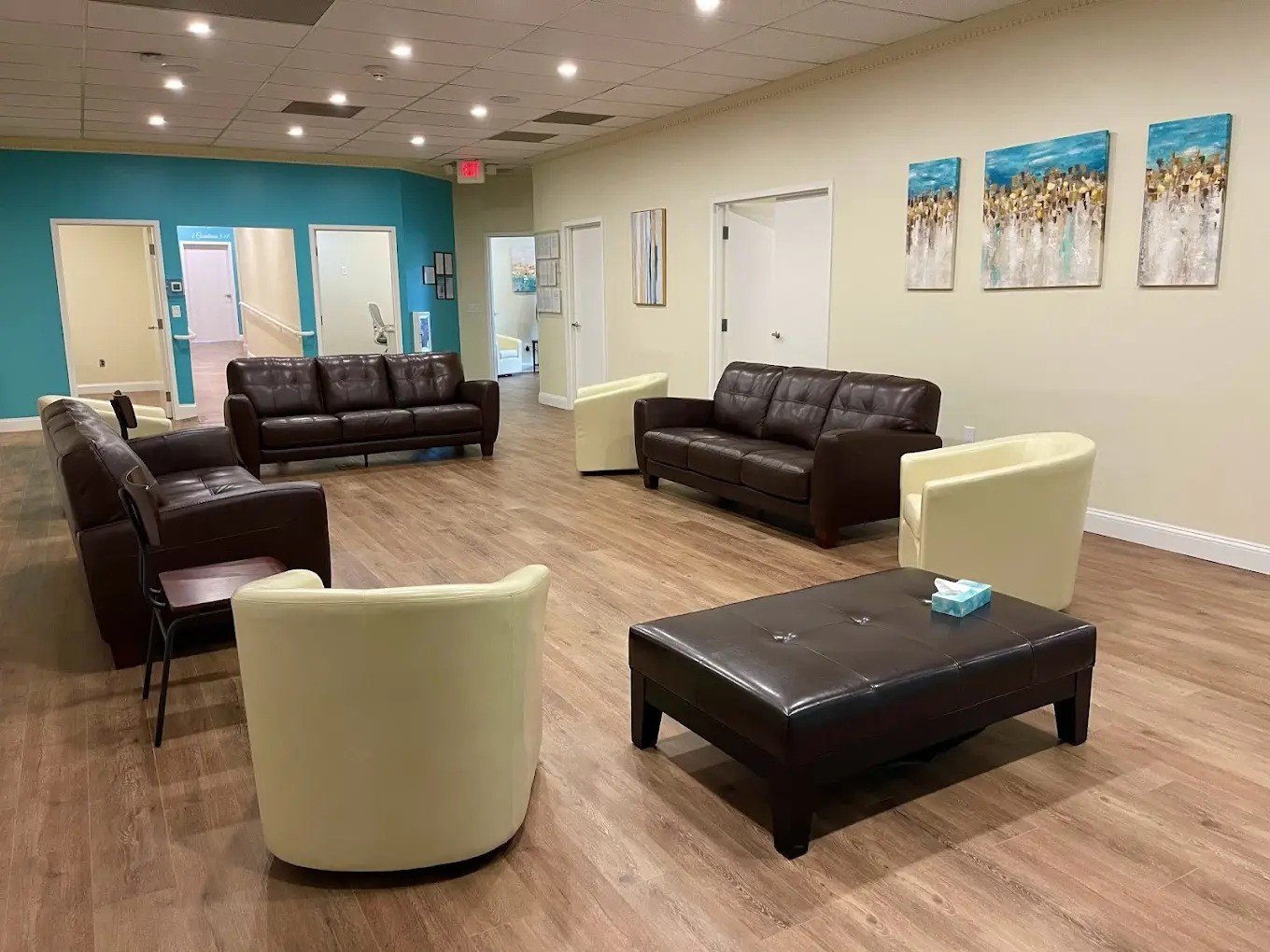Veteran Drug Rehab Nj
The Importance of Veteran Drug Rehab
As a provider of veteran drug rehab NJ services, we recognize the unique challenges faced by military veterans in overcoming substance use disorders. The experiences of those who have served complicate their journey to sobriety, requiring specialized treatment catered to their specific needs. Addressing not only addiction but also the underlying mental health conditions is crucial for effective recovery.
Veterans often encounter trauma-related triggers that may not be prevalent in the general population, such as memories of combat or military sexual trauma. These factors necessitate a treatment approach that is both trauma-informed and sensitive to the military culture. Our programs are designed to educate veterans on managing these triggers while fostering resilience and long-term recovery.
Challenges Faced by Veterans
Veterans struggle with a range of issues that can lead to or exacerbate substance use disorder. These include PTSD, depression, anxiety, and chronic pain. The transition from military to civilian life can be particularly daunting, leading some veterans to cope through alcohol or drug use. Understanding these challenges is pivotal to crafting effective treatment solutions.
Statistics reveal a significant overlap between mental health disorders and substance use among veterans. This dual diagnosis requires an integrated treatment approach, where both mental health and addiction issues are addressed simultaneously. Without addressing the root psychological issues, recovery can be elusive.
Personal stories from veterans illustrate the importance of comprehensive care. One veteran, for example, shared how a lack of immediate support upon returning to civilian life resulted in reliance on pain medications, eventually escalating to dependency. This highlights the need for immediate and ongoing support tailored to veterans’ unique experiences.
Approaches to Treatment
Our veteran drug rehab NJ programs incorporate a variety of therapeutic approaches to cater to diverse needs. We emphasize evidence-based treatment, such as cognitive-behavioral therapy (CBT) and dialectical behavior therapy (DBT), which have proven effective in addressing both substance use and mental health disorders.
In addition to these standard modalities, we offer innovative therapies such as animal-assisted therapy and experiential therapy. These approaches provide veterans with alternative ways to express emotions and cope with stressors, enhancing engagement and outcomes. By addressing the whole person, rather than just the addiction, we foster a more holistic recovery.
Medication-assisted treatment (MAT) is another vital component, especially for those with opioid dependence. MAT, combined with counseling and behavioral therapies, can significantly improve recovery rates by reducing withdrawal symptoms and cravings.
The Importance of Customized Care
Each veteran’s journey to sobriety is unique. Hence, individualized treatment plans are a cornerstone of our philosophy. We conduct comprehensive assessments to tailor care to the specific needs and circumstances of each veteran. This personalization ensures that veterans receive the most effective interventions, maximizing the potential for lasting recovery.
Our clinical team collaborates closely with veterans to set achievable goals and develop concrete strategies for relapse prevention. Ongoing evaluation and adjustment of treatment plans are key to addressing any emerging issues or barriers to progress. By actively involving veterans in their treatment planning, we empower them to take charge of their recovery.
An often-overlooked aspect of care is the involvement of family members. We encourage family participation in the treatment process to improve communication and support systems, essential for sustaining recovery long-term.
Transitioning Back to Civilian Life
Reintegrating into civilian life poses significant challenges for many veterans. Our programs are designed to support this transition by providing resources, skills, and community connections. We offer vocational training and job placement assistance to enhance employability and foster independence.
Counseling and peer support groups play a pivotal role in this process, offering a platform for veterans to share experiences and learn from one another. These groups create a sense of camaraderie and understanding that is invaluable during the recovery journey.
Structured Support Systems
- Partial Hospitalization Program (PHP) for intensive support while allowing home return.
- Intensive Outpatient Program (IOP) with flexible scheduling.
- Outpatient Program (OP) offering step-down care for sustained sobriety.
The Role of Therapy in Recovery
Therapy is a central component of our veteran drug rehab NJ services. Individual therapy offers veterans a private space to explore personal issues and develop coping strategies. Our therapists utilize various modalities to address the complex nature of addiction and mental health issues.
Group therapy encourages peer interaction and accountability. Veterans benefit from hearing others’ stories and contributing their own, which fosters empathy and a sense of shared purpose. These sessions often lead to deep insights and breakthroughs that propel recovery forward.
Family therapy helps repair relationships that have been strained by addiction. Through guided sessions, families learn how to support their loved ones effectively while managing their own emotional needs.
Utilizing Community Resources
Access to community resources can greatly enhance recovery outcomes. We collaborate with local organizations to provide veterans with additional support services, such as housing assistance and legal aid. By building a strong support network, we help veterans navigate the complexities of civilian life more easily.
We also offer faith-based recovery tracks for those who draw strength from spiritual practices. These programs integrate traditional recovery methodologies with spiritual guidance to offer a comprehensive healing experience.
Our partnerships with vocational agencies contribute to successful reintegration by offering skills training and job placement. These services are crucial in helping veterans regain confidence and independence.
The Significance of Peer Support
Peer support is a powerful element in the recovery process. Being surrounded by individuals who have faced similar struggles provides motivation and understanding that is difficult to replicate elsewhere. Peer mentors, often veterans themselves, offer invaluable guidance and encouragement.
Our support groups are designed to foster a sense of belonging and community. They provide a safe space for veterans to express themselves, share victories and setbacks, and receive feedback. This dynamic interchange builds resilience and fortifies the recovery journey.
For many, the bonds formed within these groups become a long-term support network that continues to provide encouragement far beyond the formal treatment period.
Continued Care and Aftercare
Successful recovery doesn’t end with the completion of a program–ongoing care is crucial to maintaining sobriety. Our veteran drug rehab NJ center emphasizes a seamless transition from intensive treatment to continued care. This includes regular follow-up appointments, support groups, and access to resources.
Components of Our Aftercare Program
- Regular check-ins with a counselor to monitor progress and adjust treatment plans.
- Continued participation in group therapy to maintain peer connections.
- Access to community events and activities that promote sober living.
Aftercare is tailored to individual needs, ensuring that veterans have the tools and support they need to lead a fulfilling, substance-free life.
Insurance and Accessibility
Understanding that cost can be a barrier to treatment, we have prioritized making our services accessible to veterans. Our insurance verification team swiftly navigates the complexities of benefit checks, actively working with VA and Tricare to ensure veterans can access the care they need.
We also offer a range of payment options and work diligently to accommodate veterans’ financial situations. By removing these barriers, we hope to reach more veterans in need of support.
Fast admissions, sometimes on the same day, demonstrate our commitment to providing immediate assistance to those ready to seek help. With a streamlined process and a compassionate team, we facilitate a smooth entry into the recovery journey.
What makes veteran drug rehab programs unique compared to general addiction treatment programs?
Veteran drug rehab programs, like those we offer at New Chapter Recovery, are designed to address the unique challenges and experiences of military personnel. Our focus is on trauma-informed care that respects and incorporates military culture and experiences. Veterans often face trauma-related triggers, such as PTSD from combat or military sexual trauma, which require specialized treatment strategies. The dual diagnosis approach we apply ensures that both mental health and addiction issues are treated simultaneously, acknowledging the significant overlap between these disorders among veterans. This combination of targeted therapies and culturally competent care is fundamental in helping veterans achieve lasting recovery.
Can you explain how trauma-informed care is integrated into veteran rehab and why it’s necessary?
Trauma-informed care is a cornerstone of our veteran rehab programs because it acknowledges the high incidence of trauma in veterans’ lives. At New Chapter Recovery, we prioritize understanding the role trauma plays in substance use and mental health issues. By doing so, we’re able to tailor our therapies, such as cognitive-behavioral therapy (CBT) and dialectical behavior therapy (DBT), to help veterans process and manage trauma-related triggers in a safe environment. This approach not only supports veterans in handling immediate challenges but also fosters long-term resilience. Recognizing trauma’s impact allows us to create a treatment atmosphere where veterans feel understood and supported, reducing the risk of retraumatization and enhancing engagement in the recovery process.
How does New Chapter Recovery support veterans transitioning back into civilian life?
Transitioning from military to civilian life can be a complex process filled with emotional and practical challenges. At New Chapter Recovery, we are committed to smoothing this transition through comprehensive support services. We offer vocational training and job placement assistance, equipping veterans with the skills needed for new careers. Our structured support systems include Partial Hospitalization Programs (PHP) and Intensive Outpatient Programs (IOP) that provide flexibility, allowing veterans to rebuild their lives while receiving intensive care. Peer support groups and community resources play a pivotal role in this transition, offering a network of fellow veterans who can relate to their experiences. By fostering a sense of community and providing practical tools, we help veterans achieve independence and confidence in civilian life.
Why is customization of care so vital in treating veterans with substance use disorders?
Each veteran comes with a unique set of experiences and challenges, making individualized treatment plans essential. At New Chapter Recovery, we conduct thorough assessments to understand each veteran’s specific needs, ensuring that the interventions we propose are both relevant and effective. Customization allows us to incorporate personal goals, strengths, and challenges into the treatment plan, thus maximizing the potential for a successful recovery. By actively involving veterans in the creation and adjustment of their plans, we empower them to take ownership of their recovery journey. This personalized approach is crucial in addressing the diverse factors contributing to their addiction, ultimately leading to more sustainable outcomes.
What role do peer support and community resources play in a veteran’s recovery journey?
Peer support is a powerful tool in the recovery process, offering a sense of belonging and mutual understanding that is incredibly validating. At New Chapter Recovery, we facilitate support groups where veterans can connect, share experiences, and learn from one another. These interactions build resilience and foster a supportive network that extends beyond formal treatment. Additionally, we collaborate with local community resources to provide veterans with services like housing assistance and legal aid, further supporting their recovery and reintegration. These resources are invaluable in helping veterans navigate the complexities of civilian life and maintain their sobriety over the long term.
How does New Chapter Recovery address dual diagnosis for veterans struggling with both addiction and mental health issues?
At New Chapter Recovery, we recognize the critical need to address both addiction and mental health issues concurrently, especially in veterans who often present with a dual diagnosis. Our integrated treatment model combines evidence-based therapies such as CBT and DBT with medication-assisted treatment (MAT) to manage symptoms and reduce cravings. By treating these issues simultaneously, we can address the root causes of substance use and mental health challenges, leading to more comprehensive and effective recovery. Our team of clinicians works collaboratively to tailor treatment plans that meet the individual needs of veterans, ensuring both their immediate and long-term goals are supported. This holistic approach is essential in breaking the cycle of addiction and promoting full recovery.
How do you ensure that your rehab services are accessible to all veterans, including those with financial constraints?
Accessibility is a priority at New Chapter Recovery, and we strive to remove financial barriers to treatment. Our dedicated insurance verification team works swiftly to navigate the complexities of benefit checks, ensuring veterans can access the care they need. We accept a range of insurance plans, including VA and Tricare, and offer multiple payment options to accommodate different financial situations. By doing so, we’re able to extend our services to a broader community of veterans in need. Our fast admissions process, often on the same day, underscores our commitment to providing immediate assistance, addressing the critical need for timely intervention in recovery journeys.
Resources
- U.S. Department of Veterans Affairs – The official website of the U.S. Department of Veterans Affairs, providing a wide range of resources and support for veterans.
- National Alliance on Mental Illness (NAMI) – NAMI is a nonprofit organization dedicated to providing support, education, and advocacy for individuals and families affected by mental illness.
- Substance Abuse and Mental Health Services Administration (SAMHSA) – SAMHSA is a government agency leading efforts to advance behavioral health across the nation.
- National Association for Alcoholism and Drug Abuse Counselors (NAADAC) – NAADAC is the premier global organization of addiction-focused professionals who enhance the health and recovery of individuals, families, and communities.
- National Council on Alcoholism and Drug Dependence (NCADD) – NCADD aims to provide education, information, help, and hope to individuals and families struggling with alcoholism and addiction.






